1.The Value of a Diet High in Nutrients
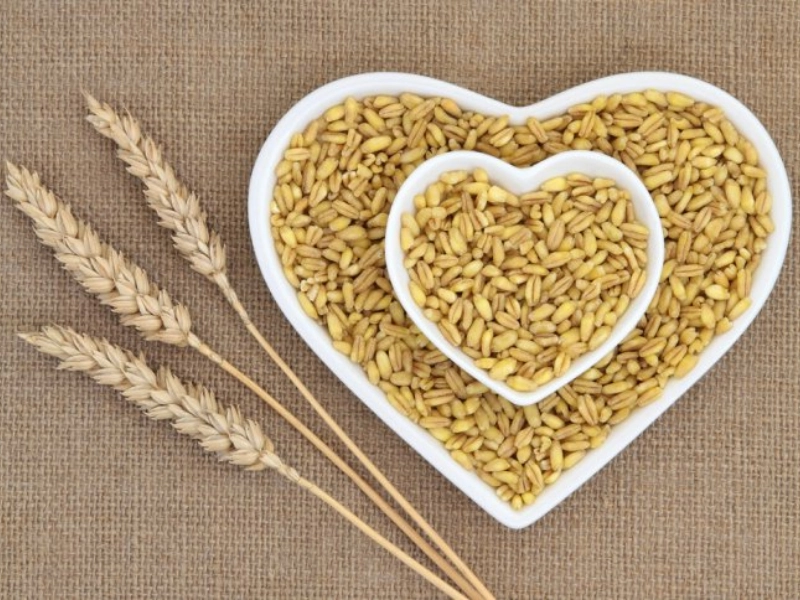
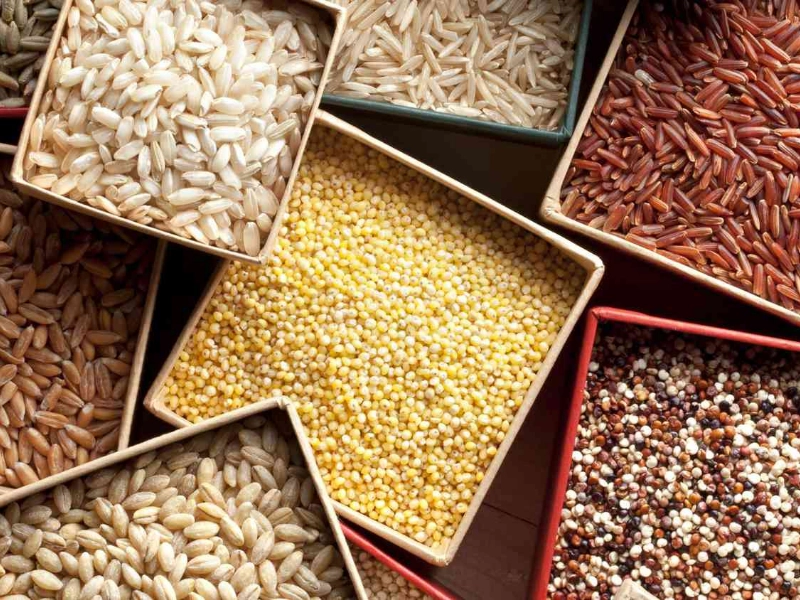 Whole grains are those with all components of the grain kernel—the bran, germ, and endosperm. This mix guarantees that they keep their inherent minerals, vitamins, and fiber as well as other nutrients. Whole grains abound in common forms like brown rice, quinoa, oats, barley, and whole wheat. Refined grains have been processed to eliminate the bran and germ, therefore depriving them of numerous vital minerals. One easy approach to boost nutrient density and support greater health is including whole grains in your diet.
3. Rich Dietary Fiber Source
Whole grains are those with all components of the grain kernel—the bran, germ, and endosperm. This mix guarantees that they keep their inherent minerals, vitamins, and fiber as well as other nutrients. Whole grains abound in common forms like brown rice, quinoa, oats, barley, and whole wheat. Refined grains have been processed to eliminate the bran and germ, therefore depriving them of numerous vital minerals. One easy approach to boost nutrient density and support greater health is including whole grains in your diet.
3. Rich Dietary Fiber Source
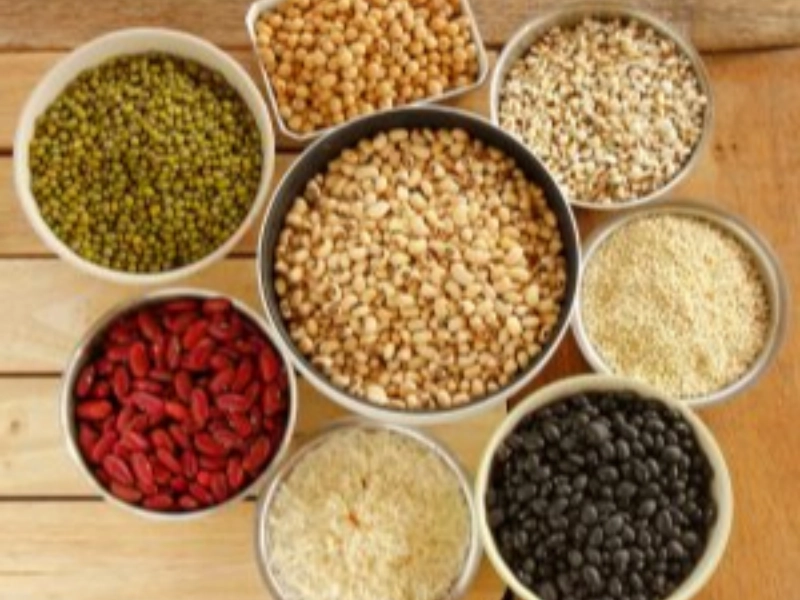 The great fiber concentration of whole grains is one of their main advantages. For digestive health, dietary fiber is absolutely vital; it helps control bowel motions and avoid constipation. By encouraging a sensation of fullness, which could cut total calorie consumption, fiber might also help with weight management. Additionally helping to reduce cholesterol and enhance heart health are the soluble fibers present in barley and oats. Whole grains will help your digestive system and readily increase your fiber consumption in your meals.
4. Important Minerals and Vitamins
The great fiber concentration of whole grains is one of their main advantages. For digestive health, dietary fiber is absolutely vital; it helps control bowel motions and avoid constipation. By encouraging a sensation of fullness, which could cut total calorie consumption, fiber might also help with weight management. Additionally helping to reduce cholesterol and enhance heart health are the soluble fibers present in barley and oats. Whole grains will help your digestive system and readily increase your fiber consumption in your meals.
4. Important Minerals and Vitamins
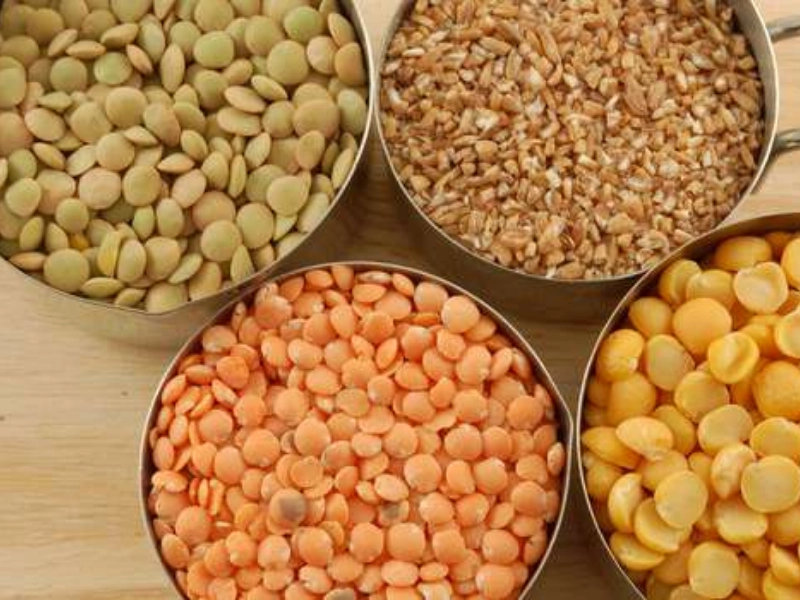 Whole grains abound in critical minerals and vitamins needed for many different body processes. Excellent providers of B vitamins, including thiamin, niacin, and folate—which are vital for red blood cell production and energy metabolism—they are also further valuable minerals found in whole grains are selenium, magnesium, and iron. These minerals support general metabolic activities, the immunological system, and bone integrity. Including grains in your diet can help you to make sure you are getting the daily required nutrients.
5. Grains' Antioxidant Value
Whole grains abound in critical minerals and vitamins needed for many different body processes. Excellent providers of B vitamins, including thiamin, niacin, and folate—which are vital for red blood cell production and energy metabolism—they are also further valuable minerals found in whole grains are selenium, magnesium, and iron. These minerals support general metabolic activities, the immunological system, and bone integrity. Including grains in your diet can help you to make sure you are getting the daily required nutrients.
5. Grains' Antioxidant Value
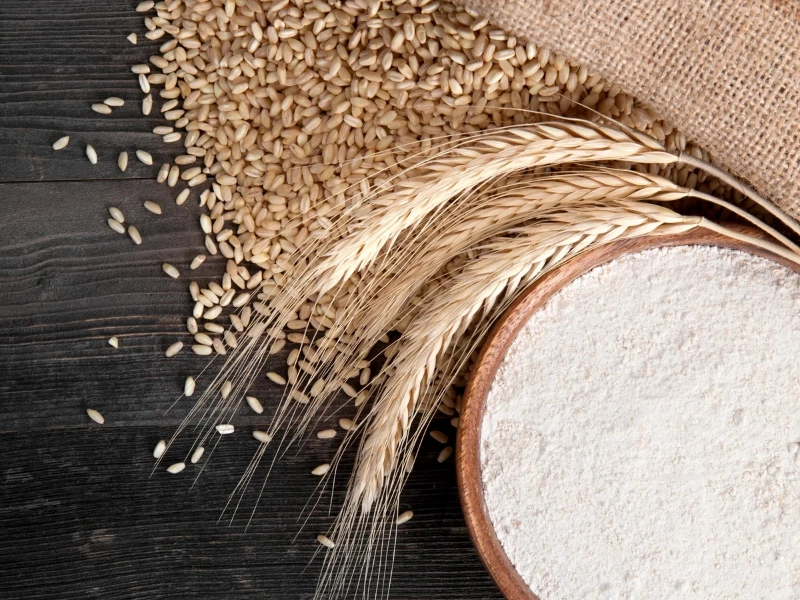 Antioxidants abound in many whole grains, which guard the body against oxidative stress and inflammation. By neutralizing free radicals, antioxidants might help to lower the risk of several malignancies, diabetes, and heart disease. Oathes, for instance, include avenanthramides, a kind of antioxidant with anti-inflammatory action. Including a range of whole grains in your diet will increase your antioxidant consumption and support improved health.
6. Promoting Heart Health
Antioxidants abound in many whole grains, which guard the body against oxidative stress and inflammation. By neutralizing free radicals, antioxidants might help to lower the risk of several malignancies, diabetes, and heart disease. Oathes, for instance, include avenanthramides, a kind of antioxidant with anti-inflammatory action. Including a range of whole grains in your diet will increase your antioxidant consumption and support improved health.
6. Promoting Heart Health
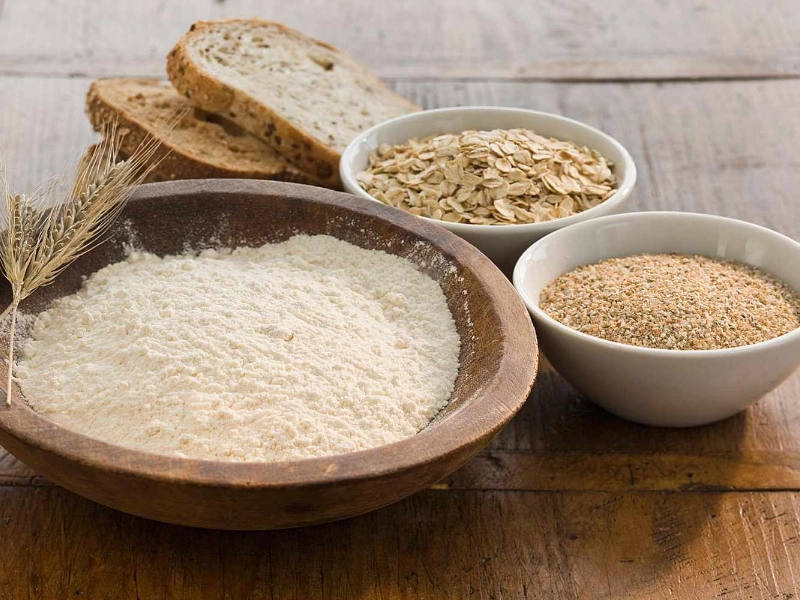 Whole grain eating has been connected to better heart function. Regular whole grain consumption has been linked, in studies, to a reduced risk of heart disease. Whole grains' fiber, antioxidants, and good fats help to lower blood pressure and improve cholesterol. Good additions to a heart-healthy diet are foods like oats and whole grain bread. Giving whole grains first priority can help you to greatly preserve cardiovascular health.
7. Whole Grains and Restrained Weight Loss
Whole grain eating has been connected to better heart function. Regular whole grain consumption has been linked, in studies, to a reduced risk of heart disease. Whole grains' fiber, antioxidants, and good fats help to lower blood pressure and improve cholesterol. Good additions to a heart-healthy diet are foods like oats and whole grain bread. Giving whole grains first priority can help you to greatly preserve cardiovascular health.
7. Whole Grains and Restrained Weight Loss
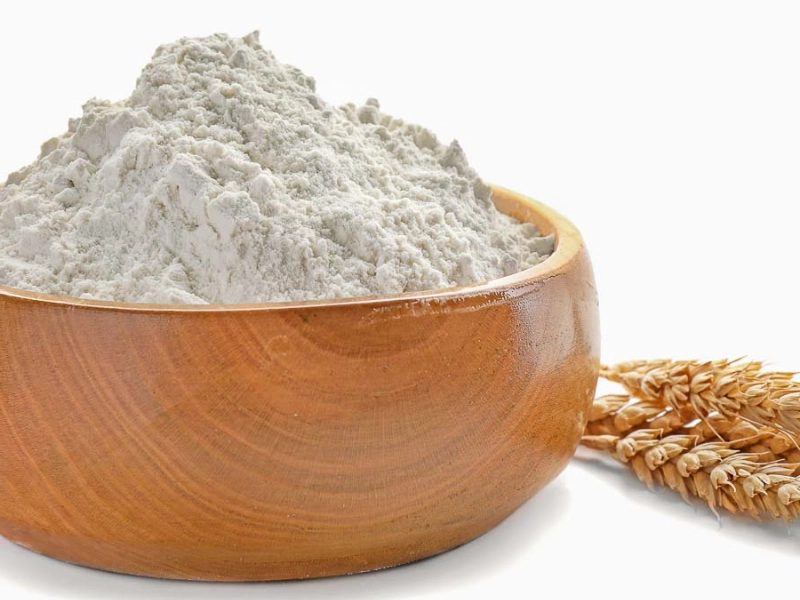 Including whole grains in your diet might also help with weight control initiatives. Whole grains' high fiber content encourages satiety, enabling you to feel fuller for longer. Those trying to control their weight or cut back on overconsumption may especially find this helpful. Whole grains also have a lower glycemic index than processed grains, which helps to produce more steady blood sugar levels. This helps control appetite even more and stop energy crashes all through the day.
8. adaptability in cooking meals
Including whole grains in your diet might also help with weight control initiatives. Whole grains' high fiber content encourages satiety, enabling you to feel fuller for longer. Those trying to control their weight or cut back on overconsumption may especially find this helpful. Whole grains also have a lower glycemic index than processed grains, which helps to produce more steady blood sugar levels. This helps control appetite even more and stop energy crashes all through the day.
8. adaptability in cooking meals
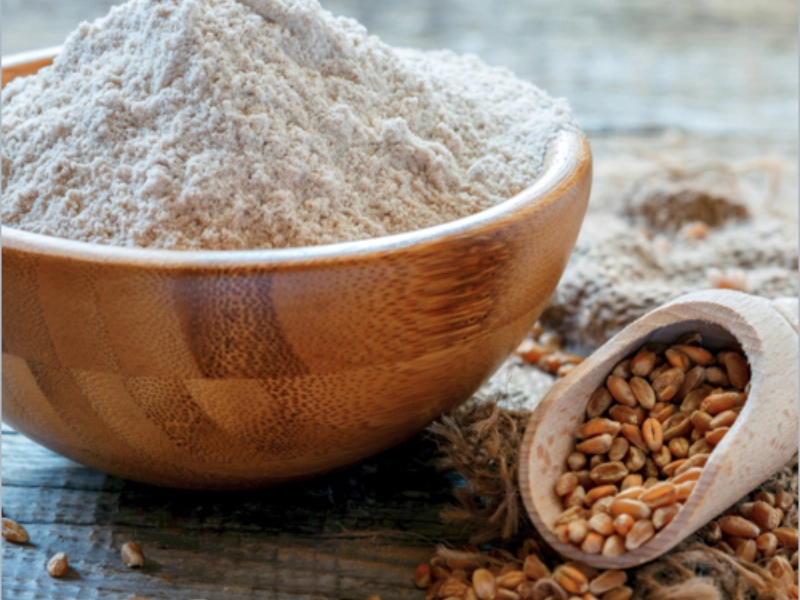 Extremely flexible and readily included in many meals and snacks are whole grains. They can be side dishes, added to soups, or a foundation for salads. Breakfast choices like whole grain pancakes or oats give wholesome beginnings for the day. Adaptable to many cuisines, brown rice and quinoa can be found in stir-fries or grain bowls. Whole grains are easily included in your diet thanks to their adaptability and range of flavors and textures.
9. Getting Beyond Obstacles to Whole Grain Consumption
Extremely flexible and readily included in many meals and snacks are whole grains. They can be side dishes, added to soups, or a foundation for salads. Breakfast choices like whole grain pancakes or oats give wholesome beginnings for the day. Adaptable to many cuisines, brown rice and quinoa can be found in stir-fries or grain bowls. Whole grains are easily included in your diet thanks to their adaptability and range of flavors and textures.
9. Getting Beyond Obstacles to Whole Grain Consumption
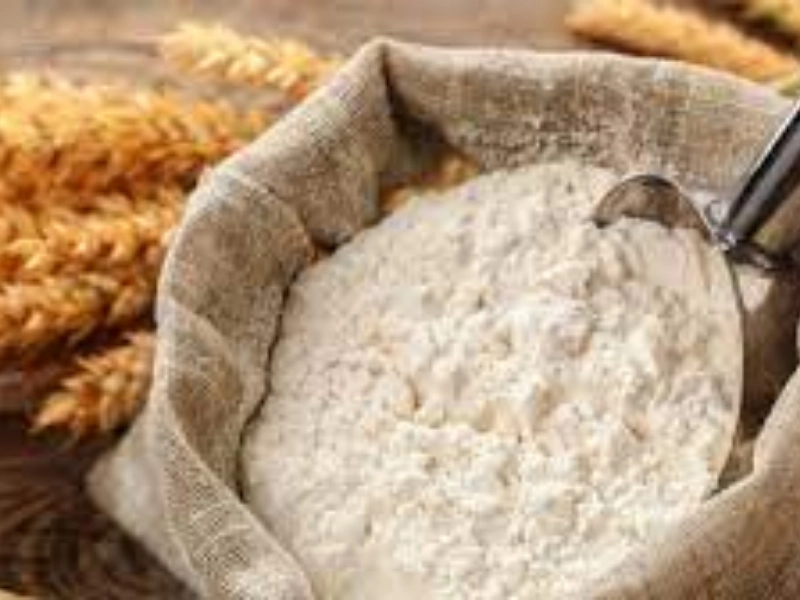 Many people still find it difficult to include whole grains in their diets even if they offer so many advantages. Typical obstacles include ignorance of whole grain alternatives and the belief they are less easy to prepare. People might begin overcoming these obstacles by first progressively substituting whole grains for processed grains in their diets. Little changes, like selecting whole grain bread or pasta, will have a big impact. Meal planning grains ahead of time also helps to save time and simplify daily meal inclusion.
10. Grain Summary for a Nutrient-Dense Diet
Many people still find it difficult to include whole grains in their diets even if they offer so many advantages. Typical obstacles include ignorance of whole grain alternatives and the belief they are less easy to prepare. People might begin overcoming these obstacles by first progressively substituting whole grains for processed grains in their diets. Little changes, like selecting whole grain bread or pasta, will have a big impact. Meal planning grains ahead of time also helps to save time and simplify daily meal inclusion.
10. Grain Summary for a Nutrient-Dense Diet
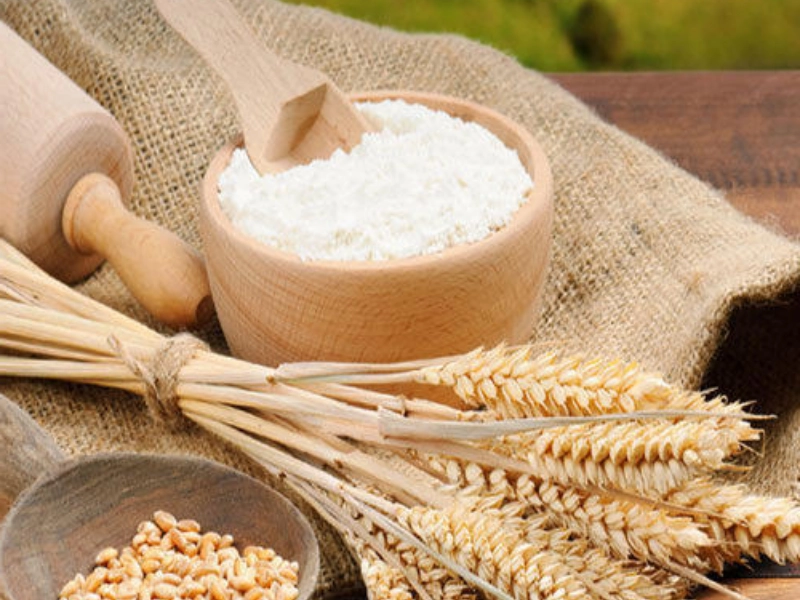 A diet high in nutrients depends critically on grains, especially whole grains. Their abundance of nutritional fiber, vitamins, minerals, and antioxidants supports general health. Including a range of whole grains in your meals will help you boost your nutrient intake, support digestive health, and strengthen heart function. Accepting the adaptability of grains guarantees that you complete your nutritional demands for a better lifestyle and results in great and filling meals.
A diet high in nutrients depends critically on grains, especially whole grains. Their abundance of nutritional fiber, vitamins, minerals, and antioxidants supports general health. Including a range of whole grains in your meals will help you boost your nutrient intake, support digestive health, and strengthen heart function. Accepting the adaptability of grains guarantees that you complete your nutritional demands for a better lifestyle and results in great and filling meals.